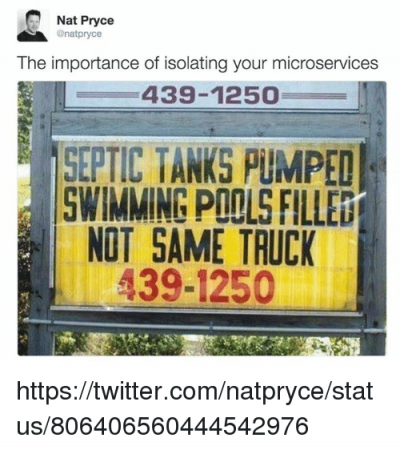Hey everyone! I've been listening to a lot of podcasts and learning a lot lately and I'm wondering where you guys sit on the issue of the Redfield Ratio! (For those who don't know, the RR is basically the idea that the ideal levels of nitrate and phosphate will be in a 10:1 ratio, whether they're high or low.)
Do you guys keep your nutrients close to that ratio? What do you guys think about the RR in regards to acropora tissue growth/coloration? Do you notice a difference in your coral growth when nutrients fall out of proportion??
For some context, I'm growing my first set of acros, and loving it! I'm just trying to learn more, and see what experience you guys have with this concept!
Do you guys keep your nutrients close to that ratio? What do you guys think about the RR in regards to acropora tissue growth/coloration? Do you notice a difference in your coral growth when nutrients fall out of proportion??
For some context, I'm growing my first set of acros, and loving it! I'm just trying to learn more, and see what experience you guys have with this concept!



















